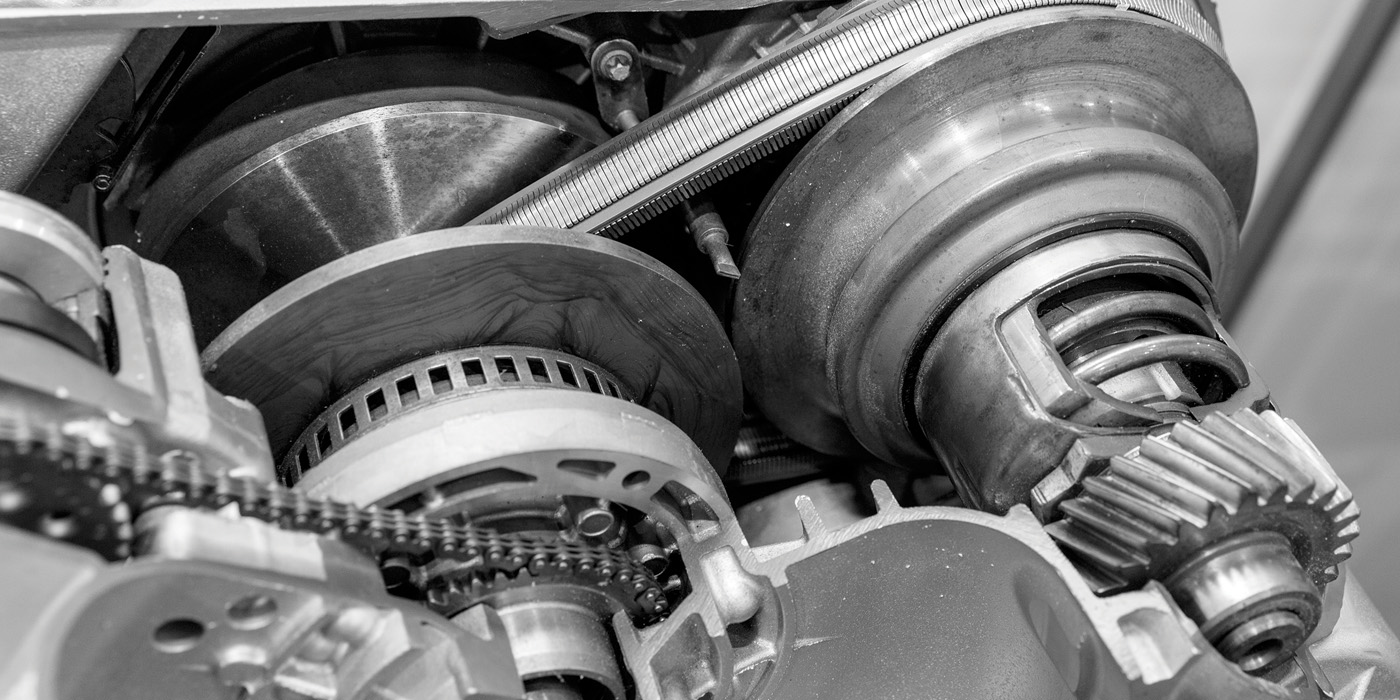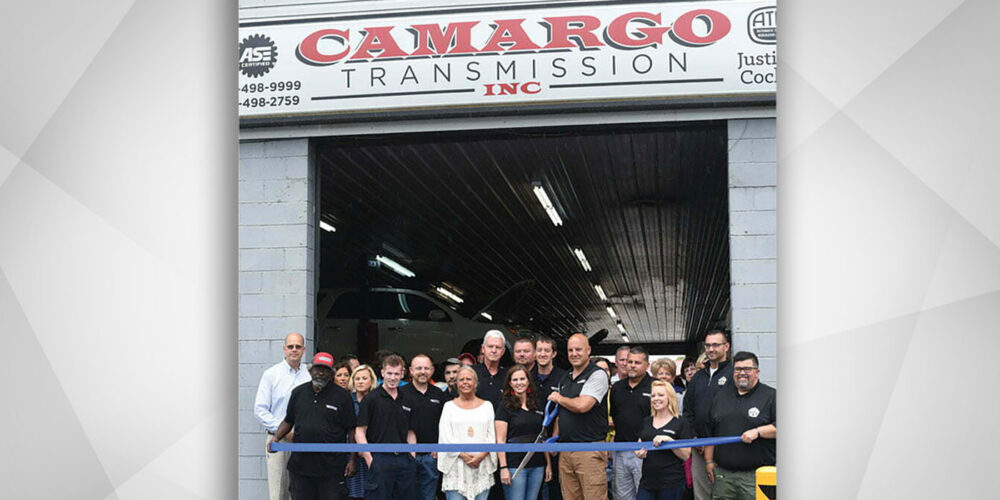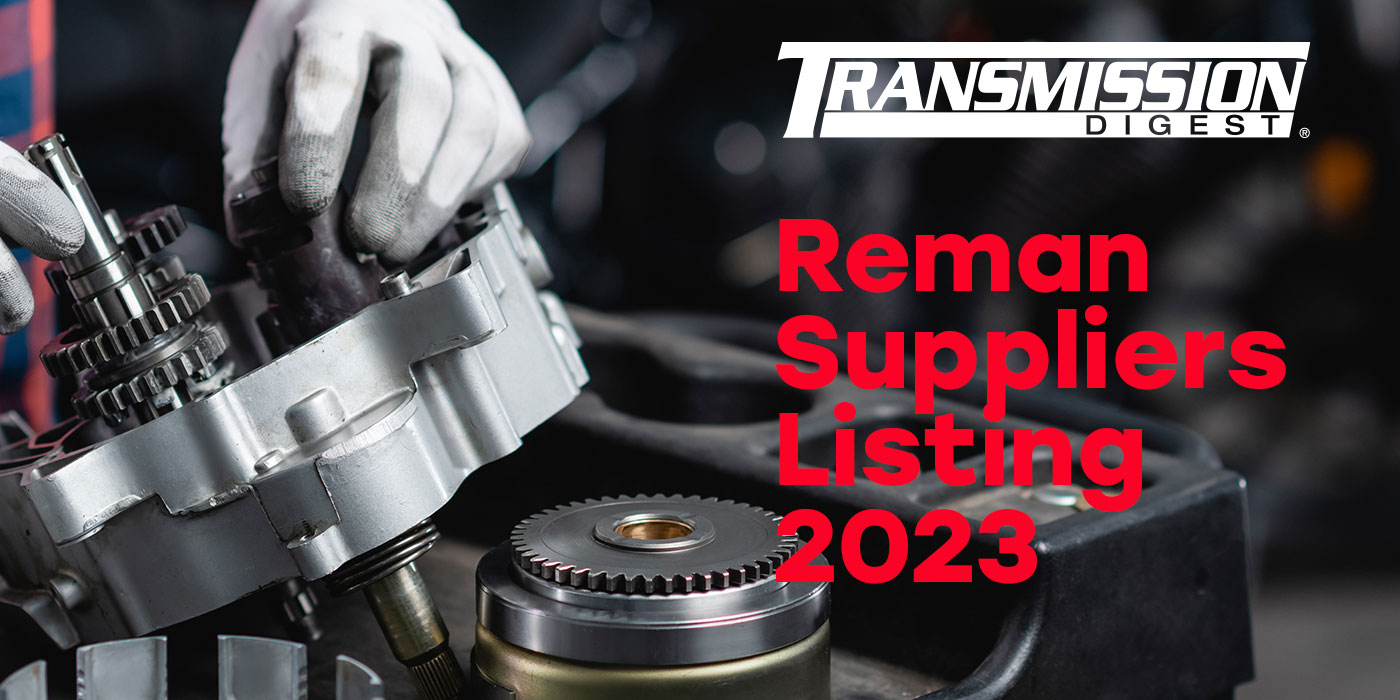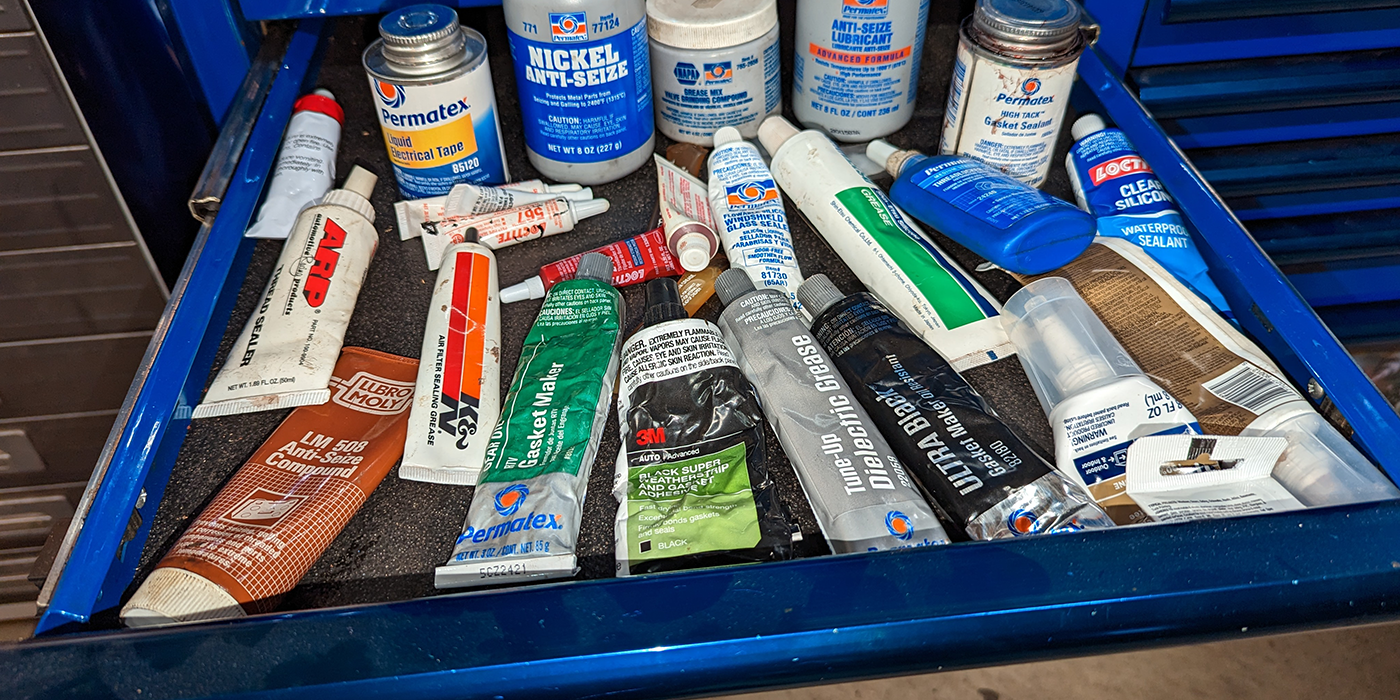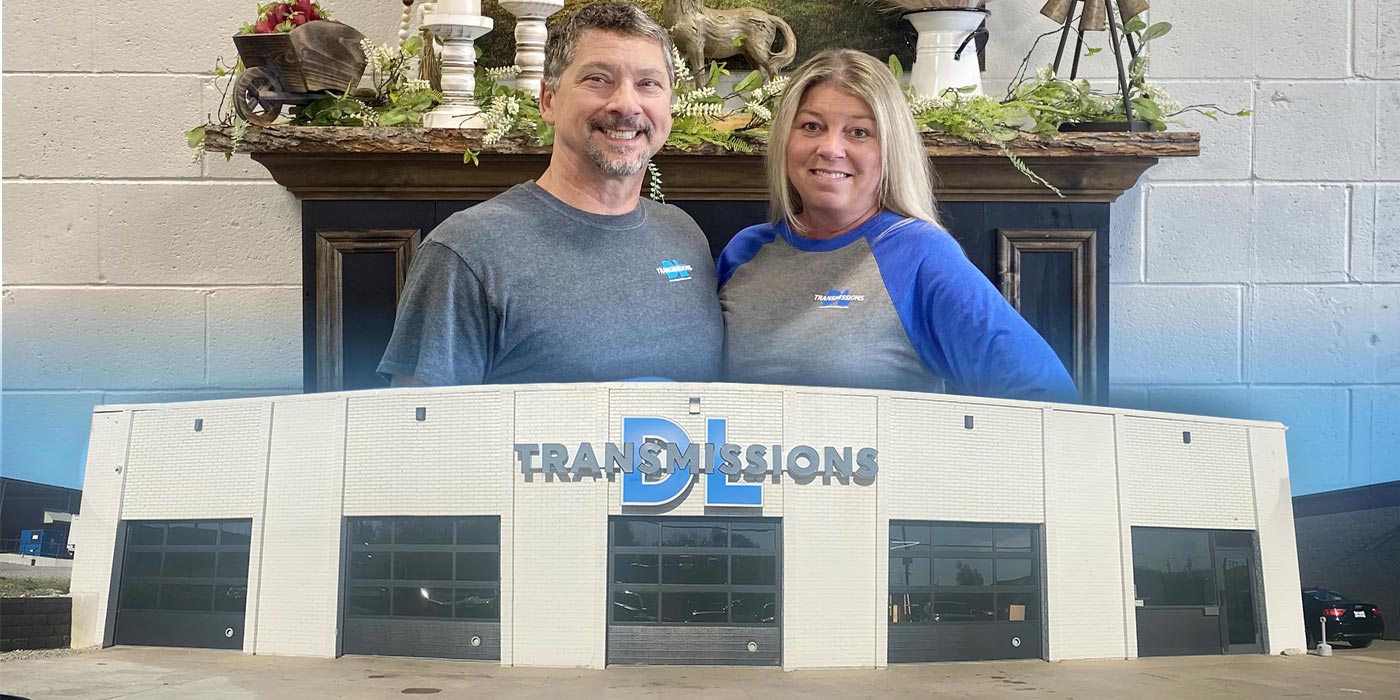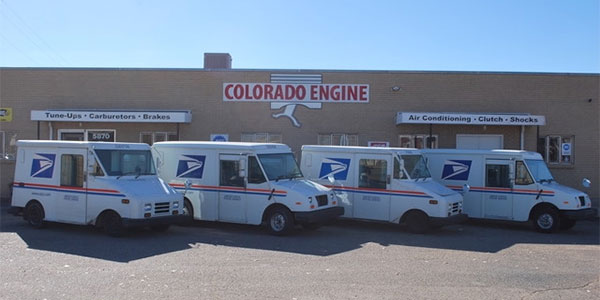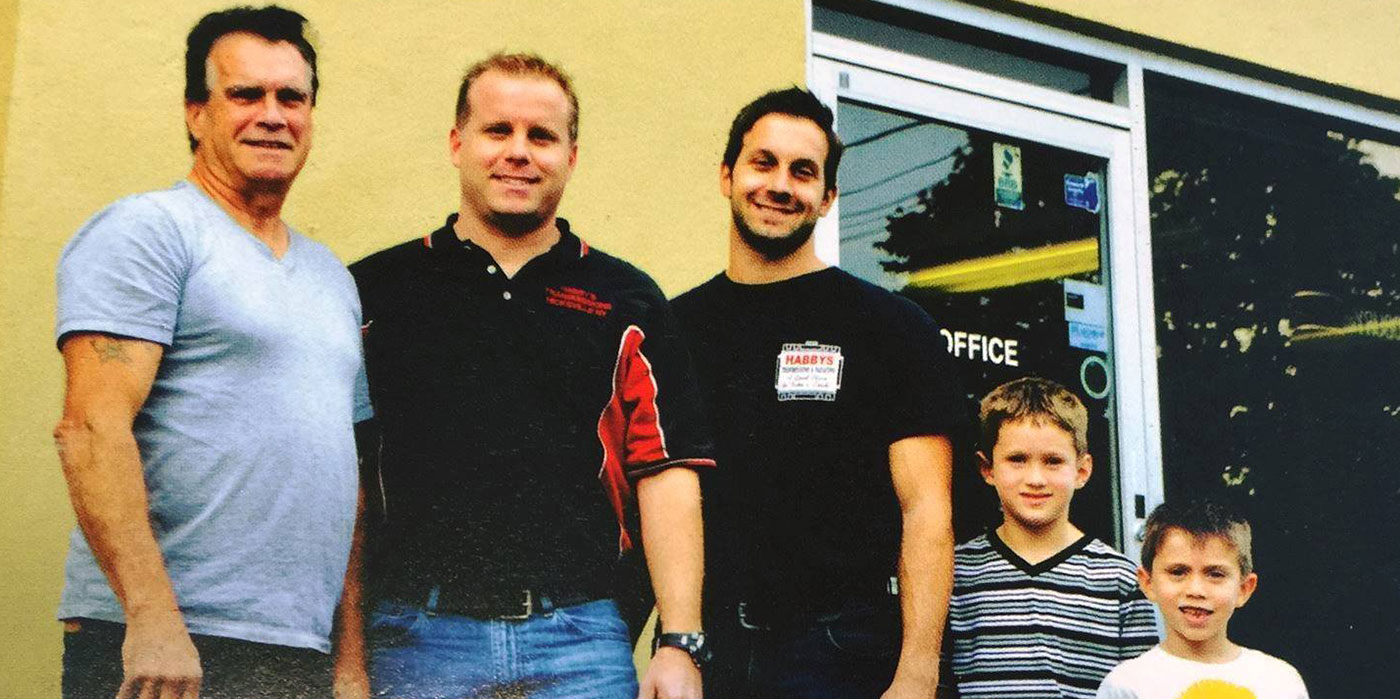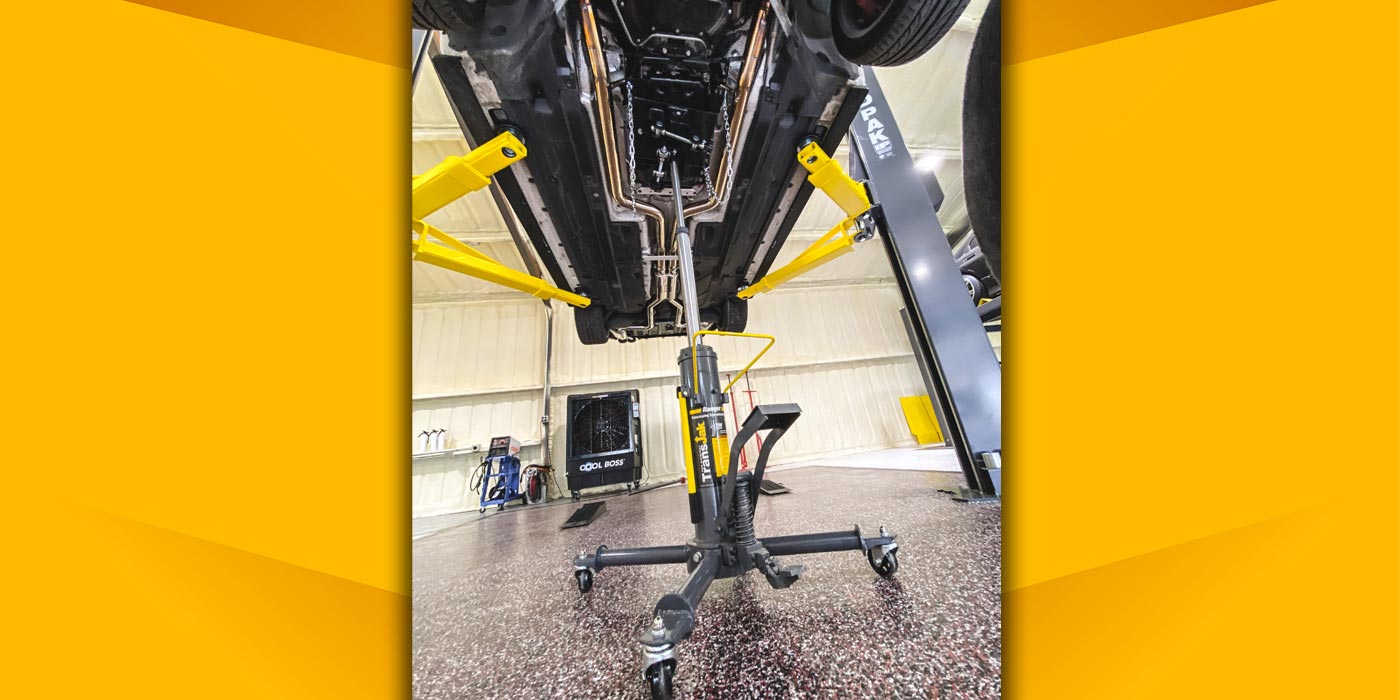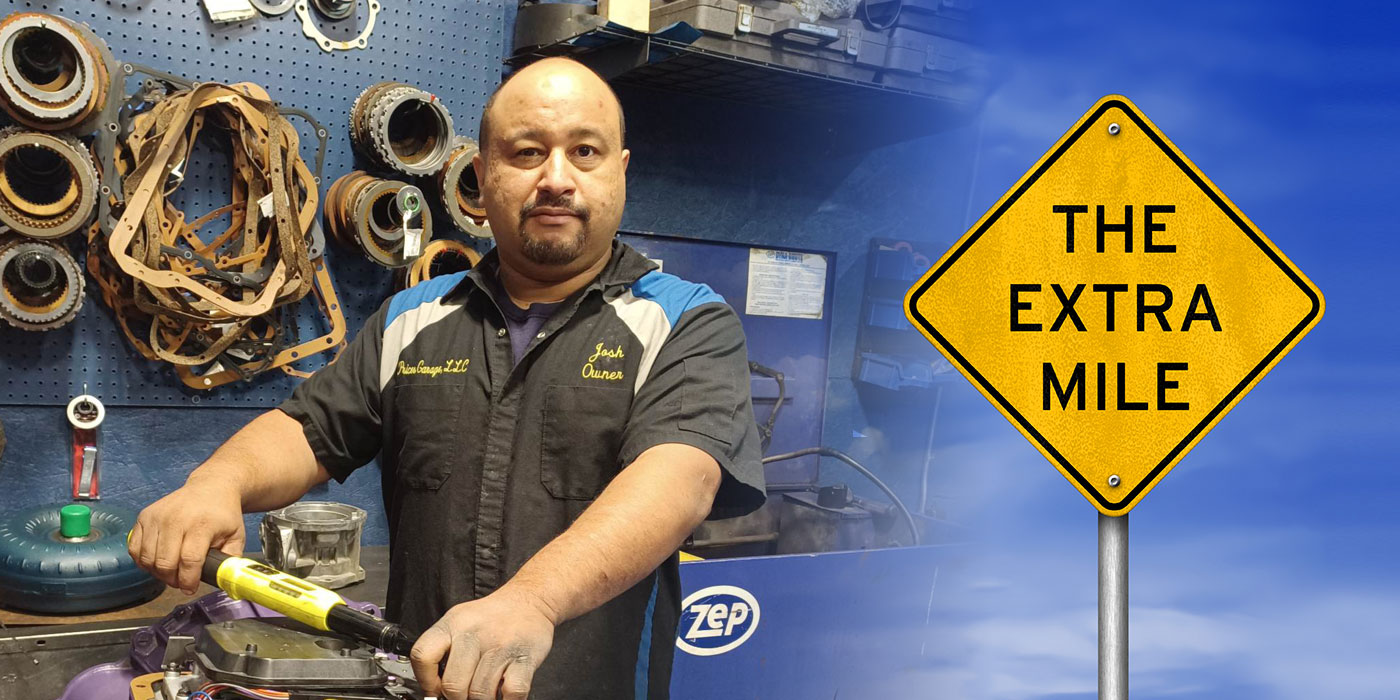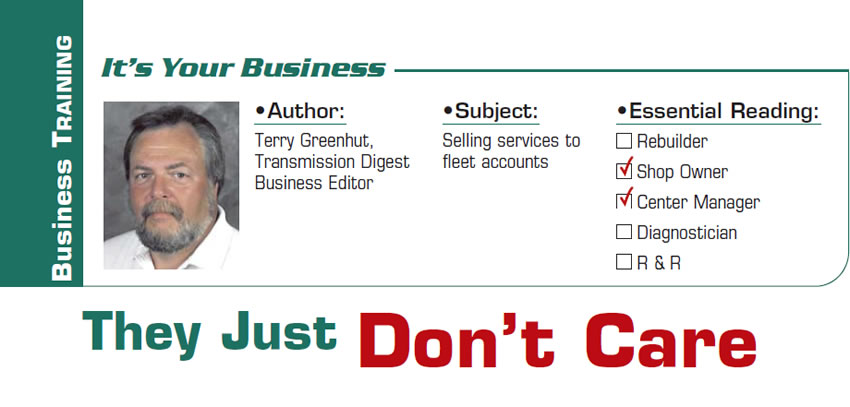
It’s Your Business
- Subject: Selling services to fleet accounts
- Essential Reading: Shop Owner, Center Manager
- Author: Terry Greenhut, Transmission Digest Business Editor
This story is from the “strange but true” file. It begins with the concept that customers should and often do allow us to fix many, if not all, of the problems we find with their vehicles. We operate our businesses on the basis of that assumption, but every now and then we are thrown a big sweeping curve ball.
Spending considerable time working hands-on with a client who owns a successful general-repair business has provided me with a special insight into the buying habits of different types of customers. I’ve learned, for example, that many fleet accounts want the absolute minimum done to their vehicles. They don’t want them serviced very much and are willing to pay for repairs only when a vehicle has either broken down or is in imminent danger of doing so. They may OK the occasional oil change but never a differential, transmission or cooling-system service, and don’t even mention brake-fluid replacement.
Companies such as these gamble that not servicing a vehicle won’t mean the difference between its working properly and not. Although we know it’s a bad gamble, they don’t or don’t want to know. They are looking far more at the present than at the future costs involved.
When selling any kind of repair to these companies you can’t be at all wishy-washy about whether they need something. You can’t say, “Well, you could use this or it might be a good idea to do this now.” If you do that the answer you will always get is “No.” You must tell them they need it and have to have it. I overheard the shop owner tell a fleet manager that somebody might get killed in the vehicle if they didn’t do a certain job to repair a steering problem. The fleet manager’s reply was, “That’s what we have insurance for.”
I asked the shop owner whether the guy was serious. “As a heart attack,” he said.
That guy couldn’t care less about anything but his bottom line.
Of course, that’s an extreme case, but it turns out that in today’s economy there is more penny pinching going on than ever. The numbers dictate that if they save $100,000 on what they believe are unnecessary services, even if they spend $50,000 on major repairs, they are way ahead.
Its interesting that when these fleet vehicles do break down the owners or managers don’t quibble over the cost to get them back on the road. Many have reduced the size of their fleets so they don’t have any spare vehicles to use, creating a need to have them finished as quickly as possible. They know they’ve been cutting corners and at these particular times need to pay whatever it takes, so they do.
One of the accounts to which the shop tried to sell two batteries on an Isuzu truck, because they were just about shot, declined to buy them. The owner said he would wait until the batteries totally died. They did about two weeks later. Rather than calling the shop they decided to buy a couple of discount batteries and install them on their own. It might have worked out if they hadn’t crossed two of the terminals and shorted out pretty much the entire truck. A huge tow bill, one starter, one alternator and a whole bunch of fuses later the shop fixed it. Think the company learned its lesson? Maybe, but doubtful.

The shop owner has adopted the policy of that old TV commercial for FRAM filters that some of you might remember: “You can pay me now or you can pay me later.” He says: “I’ve come to terms with it. If they don’t want to do it my way I’ll do it theirs until the breakdown. Then all bets are off and they’ll have to pay whatever it takes.”
One problem that is prevalent in all but the smallest of companies is that the person for whom you are doing the work and going out of your way to satisfy is not the one paying the bills. The fleet manager might love you for all the extras you throw in – the late-night services calls, the special discounts for friends and families, the extra warranty you silently place on every job – but the accounts-payable person or the business owner is writing the checks. All they see is how much taking care of these vehicles is costing and how it affects the bottom line. They neither know nor care about extenuating circumstances.
If you could ever find out what a fleet account’s vehicle-maintenance budget is, you’d be golden. The problem is that many of them don’t have one. They just spend until it hurts, then abruptly shut it off. That could mean that they shut off spending except for emergency repairs or they shut you off in the hope of finding another shop that will cost them less.
Some companies really push it. They spend only when there is no other choice. Although most of us don’t care much for government regulations, one that makes sense from a number of standpoints is yearly state vehicle-safety inspections. They force those who would send their employees out on the road in vehicles with bald tires and almost no brakes, spewing black clouds out the exhaust pipe, to do the right thing, not only for their own people but also for everyone else with whom they have to share the highway.
Some of you may not want to bother with an account that doesn’t want to spend for the repairs and services you want to perform. You like the comfort of one that allows you to maintain their vehicles the way you know is right, but that would be in a perfect world. The world we have to operate in today is far from perfect. We have to learn to adapt to it if we want to survive. That doesn’t mean that we have to lower our prices. It just means we have to be more careful about what we sell and when we sell it.
The big difference between selling to a retail customer and to a fleet is that in a retail situation if you don’t sell everything they need or at least set an appointment to complete any items they won’t allow you to do on the first visit, you may not have another chance. With a fleet, if you don’t get it now you very likely will later. It’s more of a patience issue than anything else. They will be back if you don’t push them away by going overboard.
How do you deal with these types of accounts? Very carefully. You have to scrutinize every job before it’s sold. Make sure it fits into the normal parameters of what the company would spend. If there is an odd repair that costs considerably more than the norm, be sure to discuss it in detail with your contact at the company. Offer to explain it to the next level of management if necessary. Be very careful not to try to sell anything they don’t absolutely need. Pretend you own that company and had to spend the money. For which repairs and services would you be willing to pay?
Try to get fleets to pay you upon completion of each job with a credit card that you keep on file. That way they are paying for each job individually, not running up a huge bill for which they have to write a check each month. The charges will just be additional lines on a credit-card statement that you hope will have lots of other entries so yours don’t stand out. Additionally, you get the bonus of being paid right away – but, of course, like everything else it comes with a price. Taking the card will cost you a couple of points. Let’s see; pay a little bit to get your money right away and not have the fleet manager freak out over one huge monthly bill or wait 30, 60 or 90 days to get paid and give the company reason to look into doing business with someone else. No-brainer, especially if you can work it into the price, which you should be able to do because it is just another cost of doing business to be figured into your labor rate and parts markup.
It’s unfortunate that we have to put so much time and effort into changing old business strategies that were so comfortable and worked so well for so many years. The world around us has changed, though, and to survive and prosper we will have to change with it.

Terry Greenhut, Transmission Digest Business Editor. Visit www.TerryGreenhut.com.


